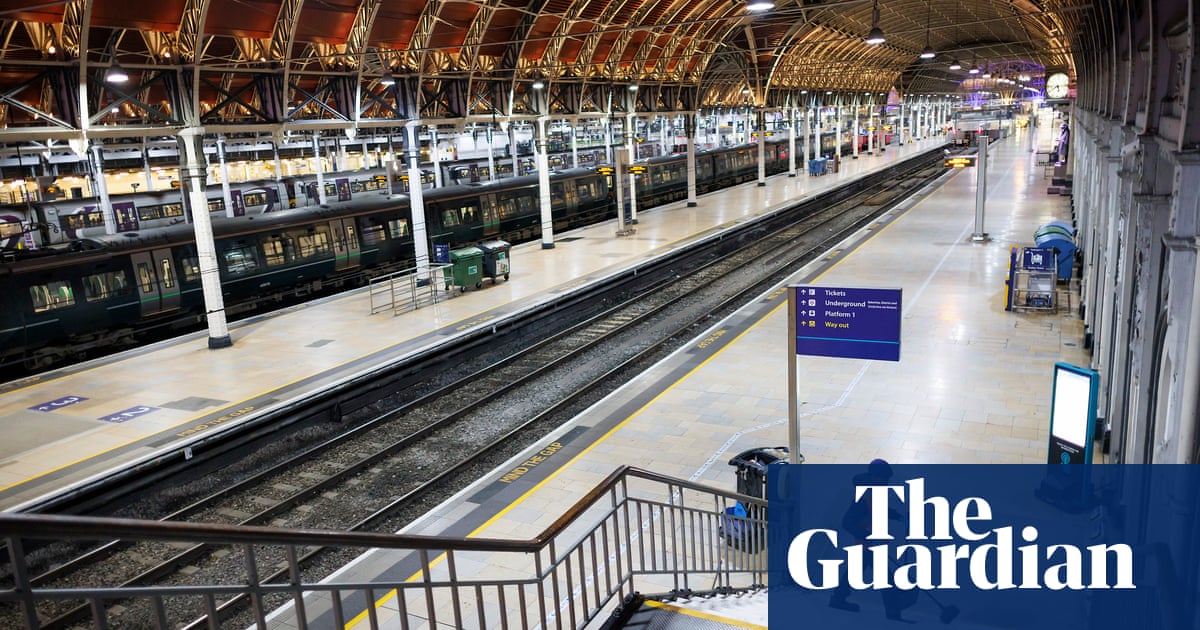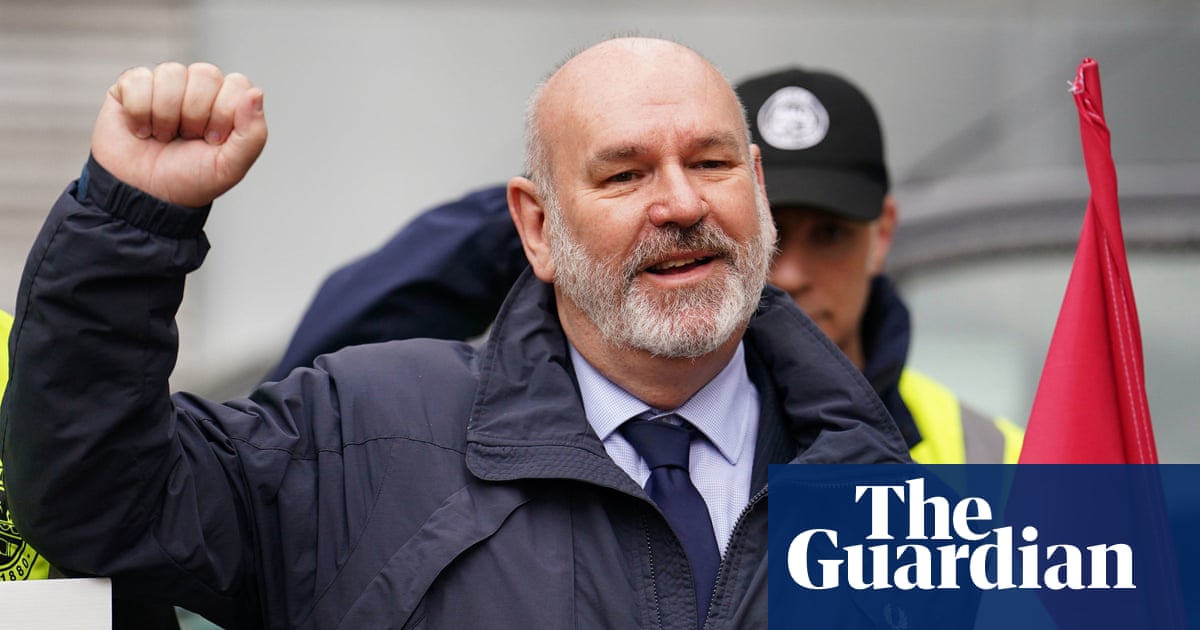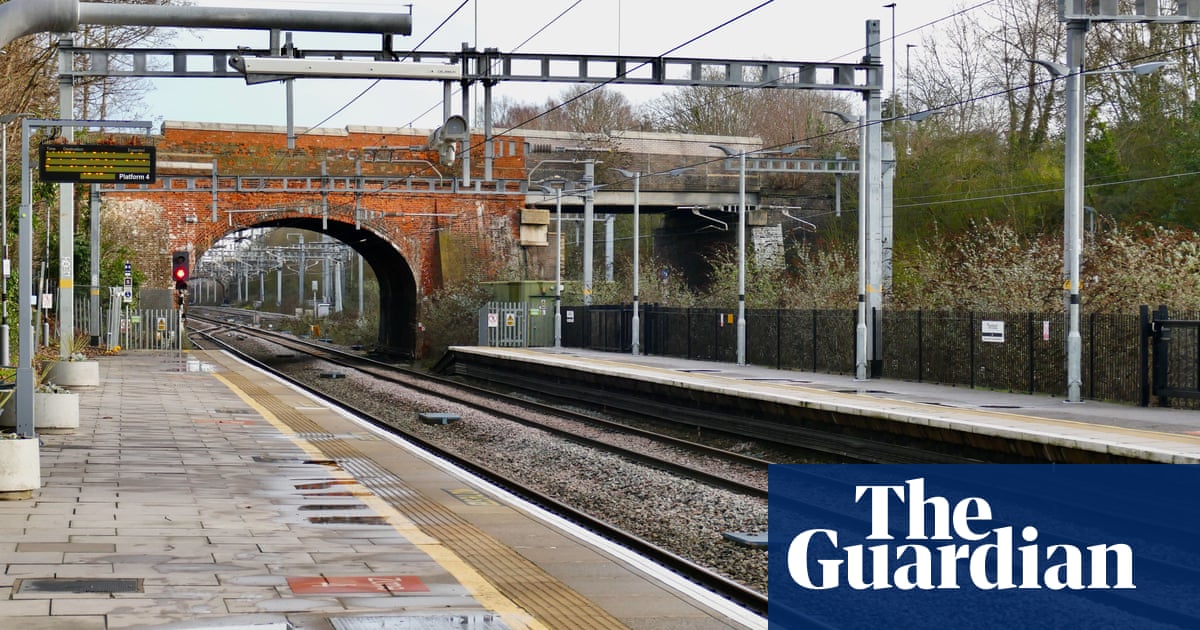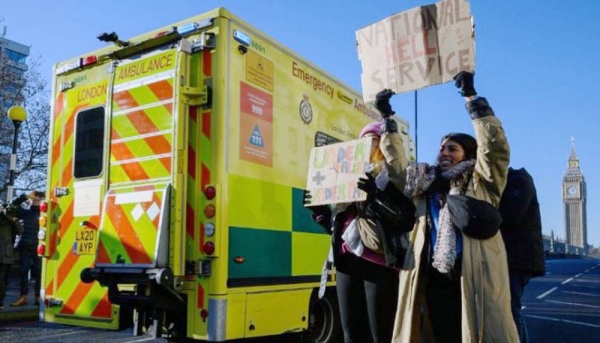
Downing Street has expressed optimism that a solution to the current wave of rail strikes could be imminent, after the chief negotiator for Network Rail said a deal was “in touching distance”.
Fresh talks over the dispute, in which drivers and other staff were staging the first of five consecutive days of national rail strikes on Tuesday, were expected this week, a No 10 source said.
While issues remained to be sorted, it was viewed as the public sector dispute most likely to be resolved first, the source added.
Earlier, Tim Shoveller, Network Rail’s chief negotiator, suggested the pay offer for rail staff would not be improved, but claimed better communication about the deal would begin to win over union members.
Shoveller said “we only need 2,000 people who voted no last time to change their vote and the deal will pass”. He told BBC Radio 4’s Today programme on Tuesday: “Some members are coming back to work, and we are seeing increasing numbers come back to work, but that’s not the way to resolve the problem or the dispute.”
“The way to resolve that dispute is through an agreement and what we’re saying to the RMT is that it’s very clear from the referendum that they held – they did it very quickly, it was only open for a few days – that actually that was rushed, and it didn’t allow and give time for people to ask genuine questions there are associated with the reform elements of this deal,” he added.
“So, what we’re saying to the RMT is that we know which areas had been misunderstood by some of our staff, their members, and we want to make sure that we can work with the RMT now to make clarifications where there’s been misunderstanding and put the deal out again.”
Members of the Rail, Maritime and Transport (RMT) union at Network Rail and 14 train operators are striking for two 48-hour periods, starting on Tuesday and again from Friday.
With signalling staff among the 40,000 RMT members on strike, much of the railway in Wales, Scotland and less populous regions of England will not run at all, while service frequencies will typically be reduced to one train an hour on major routes.
There is still no timetable for the government’s plans to pass a law to make public sector strikes more difficult, for example by imposing statutory minimum service standards for railways.
No 10 had originally hoped to provide information on this before Christmas, but this is now not likely even this week, with officials still examining the complexities of the issue.
“We certainly want these new powers to be brought in as soon as possible,” Rishi Sunak’s official spokesperson said. “While I don’t have a specific timescale for you, we recognise the urgency of this and are working as such.”
In advance of the latest strikes, rail passengers had been advised to travel only if necessary.
Network Rail said only about 20% of trains were running on Tuesday, while any trains that were running were scheduled between 7.30am and 6.30pm. The second day of the first 48-hour strike of the week will take place on Wednesday.
The general secretaries of both Aslef, which has called strike action for Thursday, and the RMT said there was still a wide gulf between members and employers, as well as with the government.
The Aslef general secretary, Mick Whelan, told the PA Media news agency the union was “in it for the long haul”, adding: “They expect train drivers at these companies to take a real-terms pay cut – to work just as hard for considerably less – when inflation is running at north of 14%.”
Mick Lynch, the RMT general secretary, also blamed the government for blocking a settlement, saying there was “an unprecedented level of ministerial interference”.
“We have worked with the rail industry to reach successful negotiated settlements ever since privatisation in 1993, and we have achieved deals across the network in 2021 and 2022 where the Department for Transport has no involvement.
“Yet in this dispute, there is an unprecedented level of ministerial interference, which is hamstringing rail employers from being able to negotiate a package of measures with us, so we can settle this dispute.”
The transport secretary, Mark Harper, denied the government had blocked any path to a settlement. Harper told Sky News: “There is a fair and reasonable pay offer on the table. There is not a bottomless pit of taxpayers’ money here. Taxpayers have put a huge amount of investment into the rail industry over the last few years when it was hit with a huge impact from the pandemic when people weren’t travelling.”












